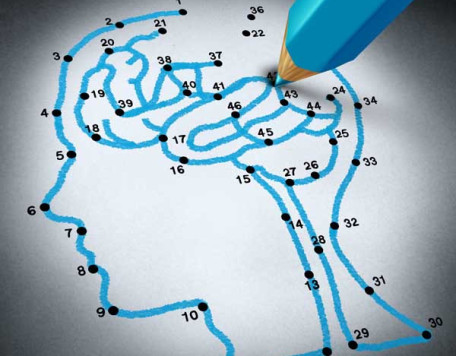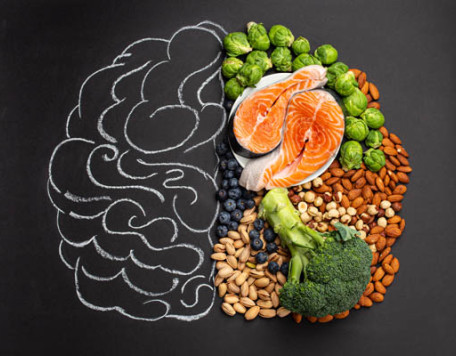© Pint of Science, 2025. All rights reserved.
What are the effects of social media on the empathy of young people? How are our 'lazy minds' being nudged to buy even more things we don't need? And how can sanctuaries help bonobos develop social skills? Find out the answers to these questions and more, as we explore the theme 'Why Are You Doing That?'
Social networking sites and empathy in adolescents
A lot of people today, especially adolescents, are very interested in using Social networking sites (SNSs) to establish communication with their offline friends. The use of SNSs can exert positive and negative effects on various aspects of psychosocial development, one of which is empathy. Empathy is the capacity to share and understand the emotions of others. We collected data from 1,638 students aged 12-19 years to measure their time spent on social media, and their levels of empathy/sympathy. In my talk, I’ll discuss our findings and how they can be used to understand the development of empathy in adolescents.
Mothers matter but sanctuaries too - The development of social competence of orphaned and mother-reared sanctuary-living bonobos
Bonobos, one of our closest ape cousins are endangered from extinction caused by human action. At a sanctuary in Democratic Republic of the Congo, young orphans are being rescued from the illegal bushmeat and pet trade. The early life trauma of maternal loss can have long lasting negative effects on their social competence. However, the sanctuary environment aims to help their rehabilitation to eventually reintroduce them into the wild. My research shows how these bonobos’ social skills (e.g. empathy and friendships) develop over time and what can predict their social life outcomes. By better understanding their healthy social development, we aim to help the important rehabilitation efforts of this unique species.
Why You Buy Things You Don’t Need
We are addicted to consuming. Living in a material world provides choices aplenty, and we’re constantly influenced about what choice to make. The quicker we buy, the easier we’re influenced. Why? The brain’s default mode is to operate unconsciously. When not fully aware of our decisions, our barriers drop, leaving thought and cognition frightfully exposed. I’ll be demonstrating how your mind can be influenced given its uncanny ability to be, well, rather lazy, and how it’s manipulated by brands who nudge us to buy that thing we didn’t need as we explore the psychology of unnecessary purchases.
Map data © OpenStreetMap contributors.
Other Head of Steam events
2025-05-19
Curious Minds: From Childhood to Psychedelics
Head of Steam
3 Reform Place, North Road, Durham, DH1 4RZ, United Kingdom
2025-05-21
Craving Validation: From Fast Food to Insta Reels
Head of Steam
3 Reform Place, North Road, Durham, DH1 4RZ, United Kingdom



